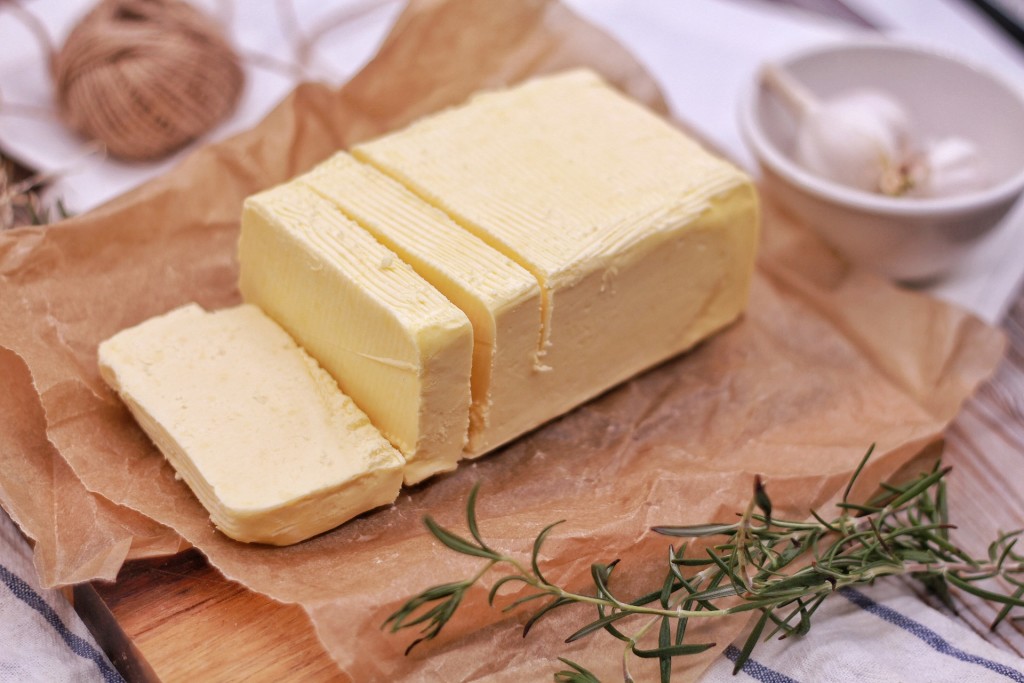
Real butter can turn the most boring meal into a culinary masterpiece. Wrongly demonized for its high fat content, this food has been a staple in many cuisines for centuries. Recent studies indicate that butter actually improves overall health and can even accelerate weight loss.
Butter: Friend or Foe?
According to researchers, butter is neither good nor bad. It all comes down to how much you eat and what your diet looks like. The scientists at Tufts University have recently found that butter might protect against type II diabetes. Other studies show that this food supports brain function, improves thyroid health, and lowers the risk of gastrointestinal infections.
Despite its high fat content, butter can be healthy. Saturated fat plays a key role in endocrine function and regulates hormone levels. It also helps preserve muscle while on a low carb diet. The key is to use raw, organic butter made from the milk of grass fed cows, goats, and sheep.
The Surprising Benefits of Butter
After decades of research, health experts seem to agree that butter is a superfood. Rich in vitamin A, D, and E, it helps neutralize free radical damage and fights inflammation. Butter also provides large amounts of CLA, a fatty acid that prevents cancer, reduces visceral fat, and supports muscle growth.
Due to its high content of vitamin A, this supports help to maintain adrenal, thyroid, and cardiovascular health. Vitamin K2, one of its main nutrients, may reverse arterial calcification and improve bone density. Raw butter also contains vitamin D, which aids in calcium absorption. Additionally, it’s an excellent source of lauric acid, which prevents digestive problems and candida infections.
However, butter is high in calories, so it should be consumed in moderation. Think of it as an occasional treat and resist the urge to go overboard. If you eat butter daily, the calories add up.

